Peppers are delicious and nutritious spices, which can add flavor, color, and texture to your dishes. They come to mind of most gardeners as they are easy to grow in pots, containers, raised beds, or in the ground. The most attractive benefit is that peppers can produce a lot of fruits. Depending on the variety, you can harvest peppers at any stage of maturity. You can enjoy green, red, yellow, orange, or purple peppers throughout the season.
Learning the skill of raising successful pepper plants is worthwhile, regardless of your level of gardening skill. In this article, we’ll provide top secrets and crucial advice to help you cultivate the best pepper plants in your backyard or kitchen.
1. Choose the right variety
There are many types of peppers, from sweet bell peppers to hot chilli peppers. Depending on your taste and climate, you may want to grow different varieties. Some common ones are:
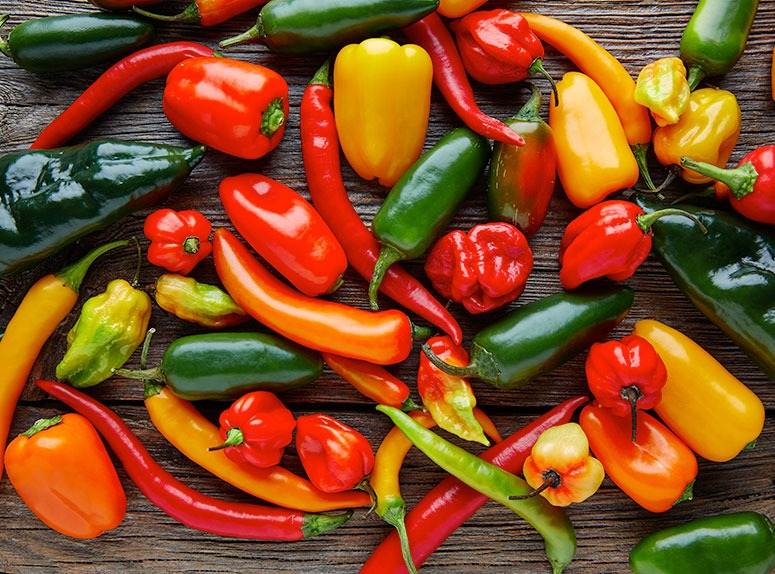
- Bell peppers: These are large, blocky, and crunchy peppers that come in various colors, such as green, red, yellow, orange, purple, and white. They are mild and sweet and can be eaten raw or cooked. They are also rich in vitamin C and antioxidants. California Wonder, Big Bertha, Purple Beauty, and Chocolate Bell are some best choices.
- Hot peppers: These are small, thin, and spicy peppers that range from mildly hot to extremely hot. They contain capsaicin, a chemical compound that gives them their heat and has many health benefits. Jalapeno, Cayenne, Habanero, Thai, and Ghost Pepper are among the most popular varieties.
2. Planting
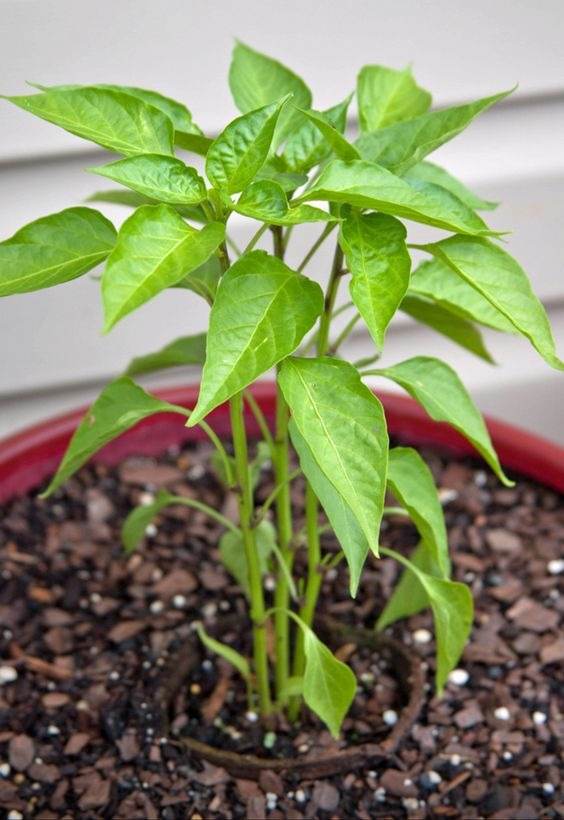
Indoor Seed Starting (Recommended for Cooler Climates)
- Start pepper seeds indoors 8-10 weeks before the last expected frost.
- Use a well-draining seed-starting mix and plant seeds 1/4 inch deep.
- Maintain a temperature of 70-85°F (21-29°C) for optimal germination.
- Transplant seedlings outdoors after the danger of frost has passed and the soil has warmed.
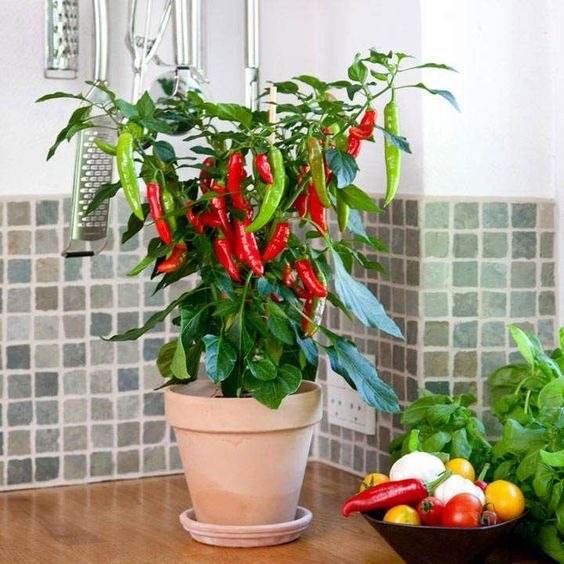
Direct Sowing (Recommended for Warm Climates)
- Wait until after the last frost and soil has warmed to at least 65°F (18°C).
- Plant seeds 1/4 inch deep in well-draining soil.
- Space plants 18-24 inches apart in rows or beds.
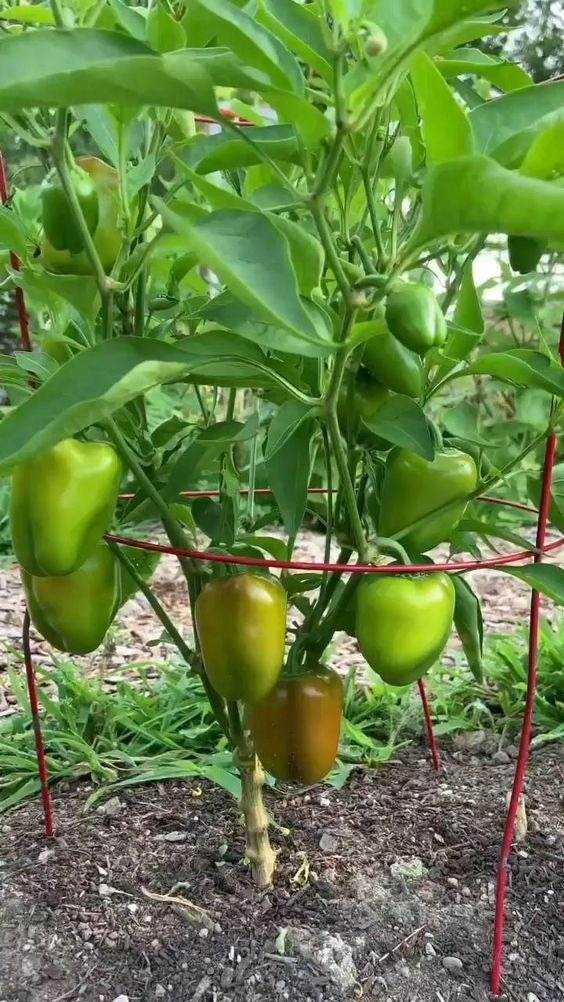
3. Care tips
Peppers thrive in full sun, so ensure they receive at least 6-8 hours of direct sunlight daily. This will encourage strong pepper growth and abundant fruit production.
They prefer well-draining, loamy soil rich in organic matter with a pH level of 6.2-7.0.
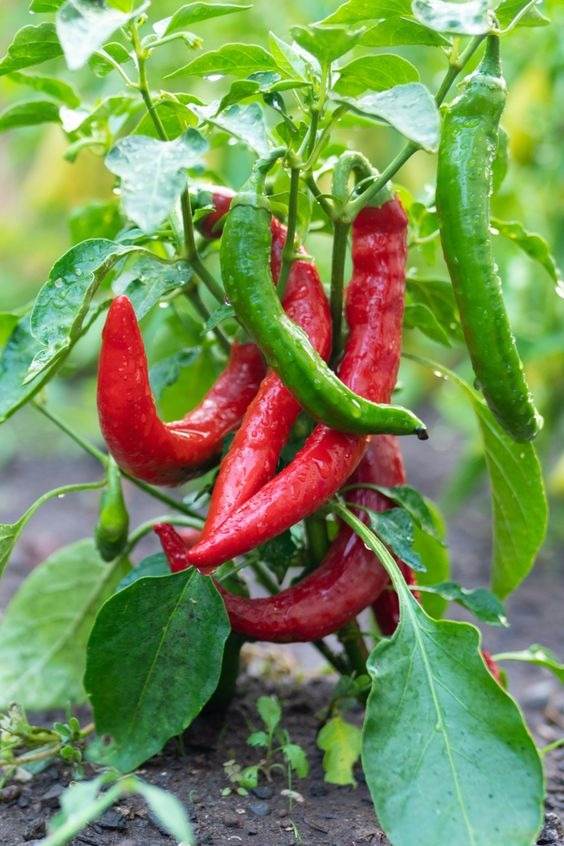
When the weather is hot and dry, give your peppers deep, frequent waterings. They require about 1 to 2 inches of water per week. Do not damp the leaves or fruits because this can spread infections.
Mulching can be added to maintain soil moisture, restrain weeds, and regulate soil temperature.
Some pepper varieties may benefit from staking or cage support to prevent branches from breaking under the weight of fruit.
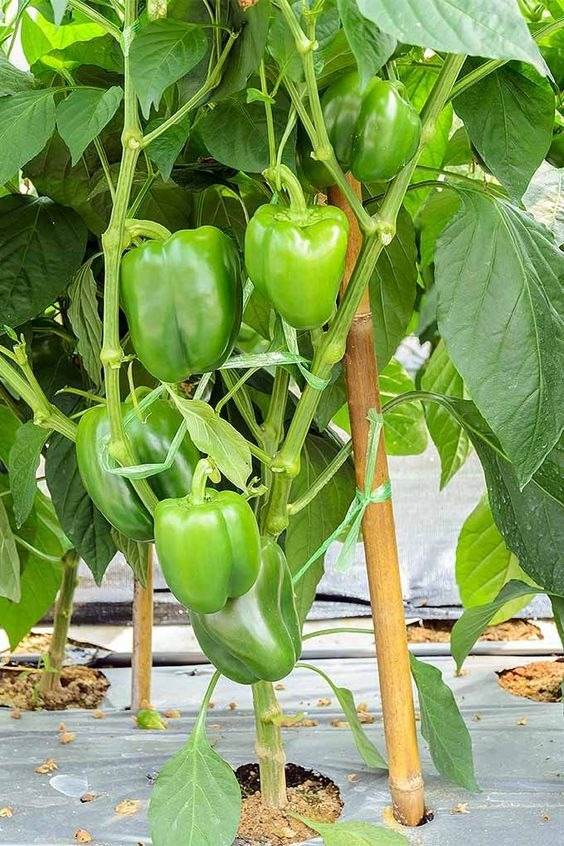
4. Fertilization
Peppers are heavy feeders. That’s why you should apply a balanced fertilizer or compost before planting and side-dress with additional fertilizer during the growing season.
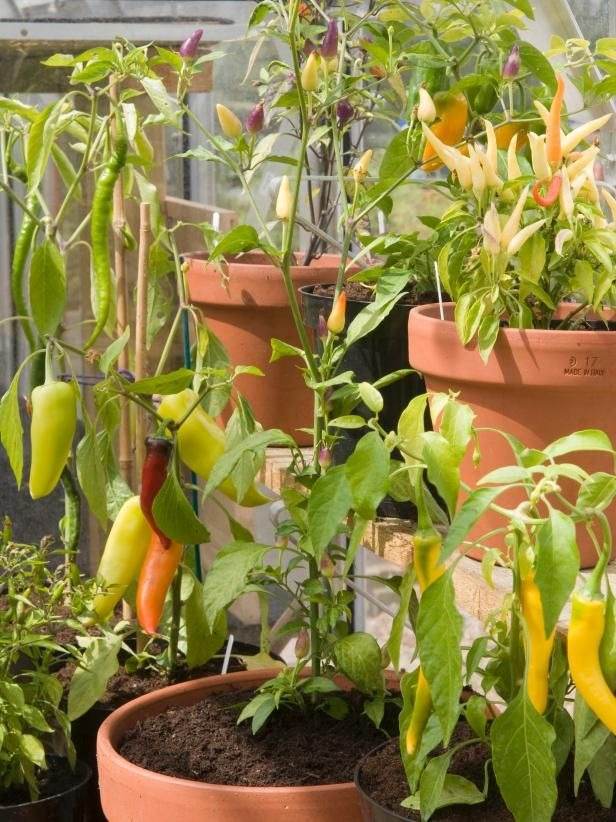
5. Pests and Diseases
Gardeners should keep an eye out for pests like aphids, caterpillars, and whiteflies. Use natural or chemical remedies as needed. Don’t forget to prevent diseases like fungal infections by providing good air circulation and avoiding overhead watering.
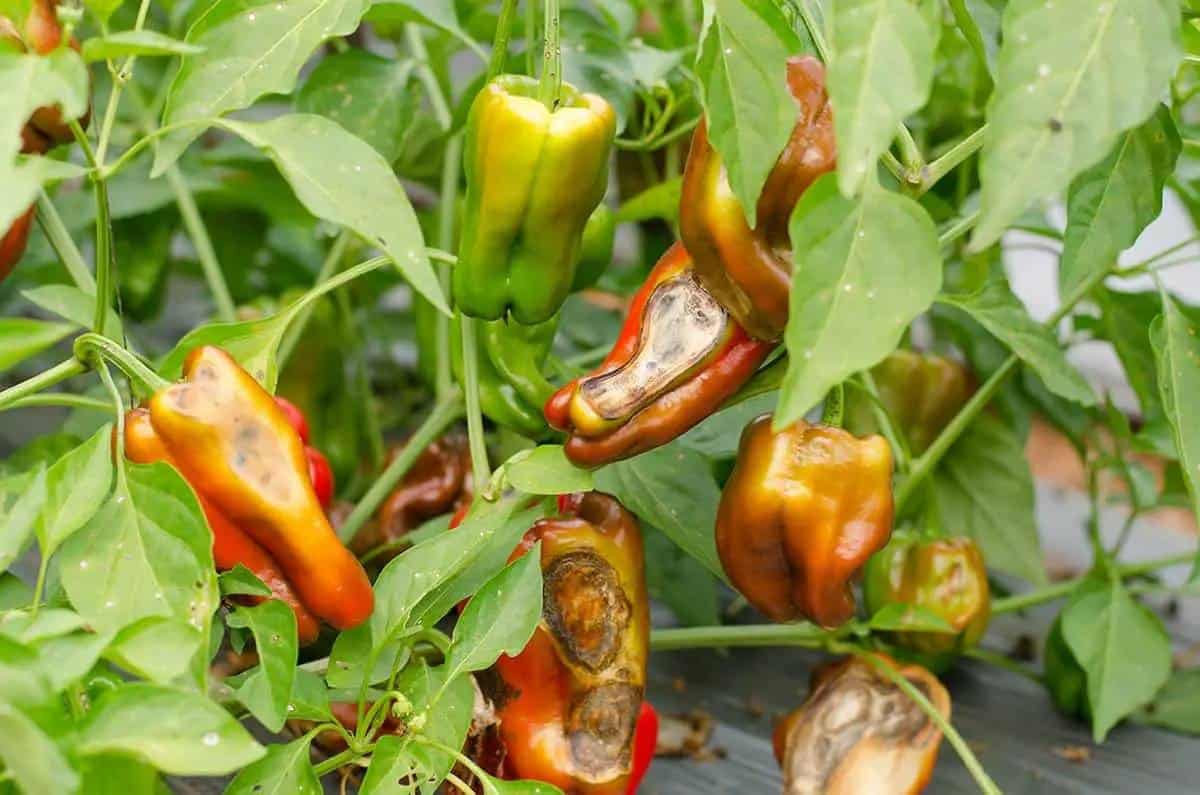
6. Harvesting
Peppers are ready to harvest when they reach their mature size and color. This can vary based on the variety. Green bell peppers can be picked when they are shiny and firm. Red bell peppers can be harvested as they change from green to red, which typically takes approximately two weeks. Hot peppers are ready to pick when they are fully colored (typically red, yellow, or orange).
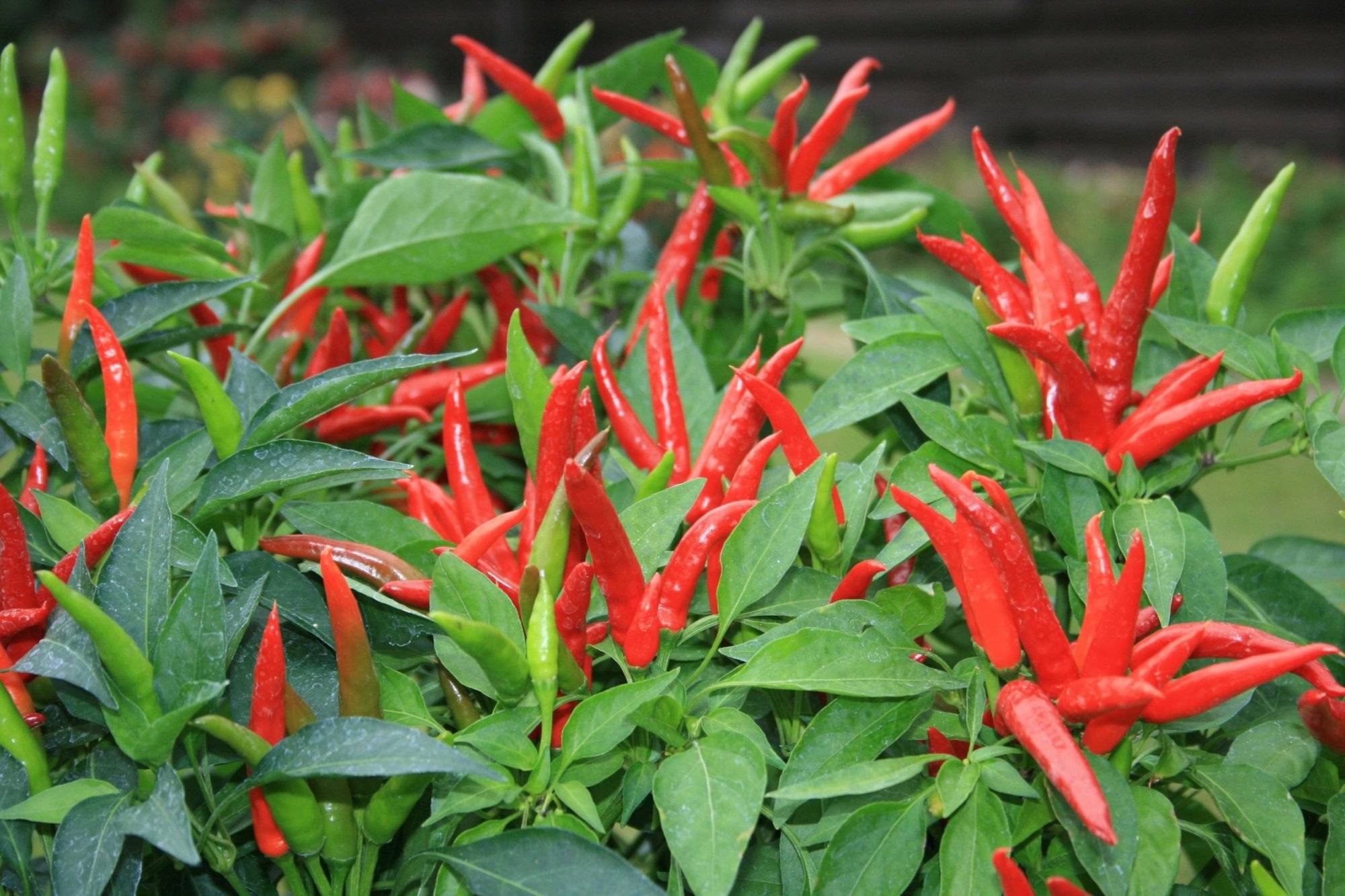
When harvesting, use pruning shears or scissors to cut peppers from the plant, leaving a short stem attached.
Store harvested peppers in a cool, dry place or in the refrigerator. Some peppers can be frozen, dried, or pickled for longer storage.
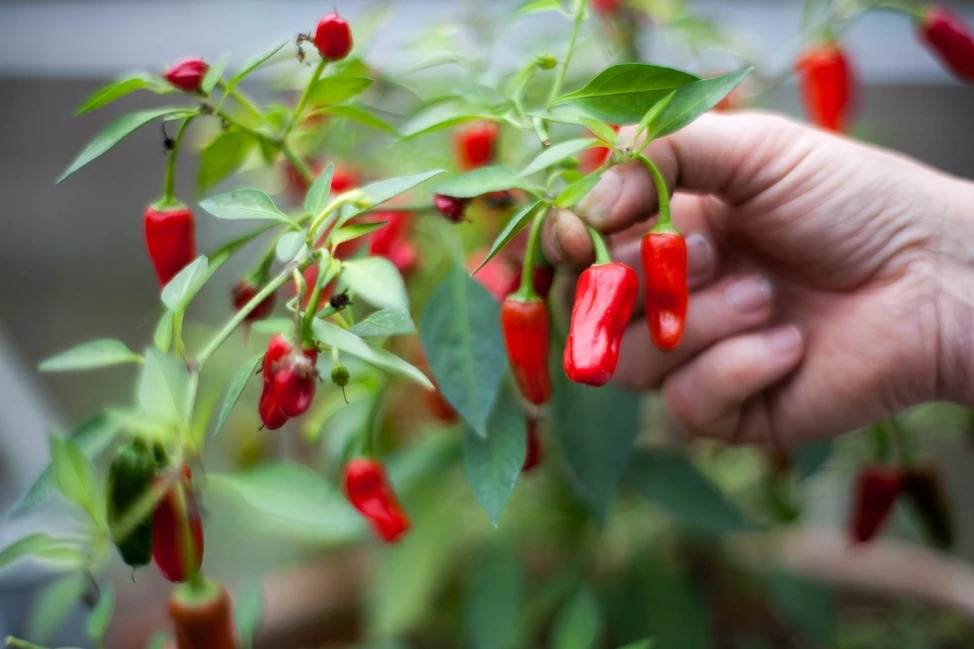
With these advice and tips, we hope you’re equipped to grow successful pepper plants in your garden. Remember that pepper plants may take some time to establish, so be patient. With proper care, you’ll be rewarded with a bountiful harvest of delicious and colorful peppers.
